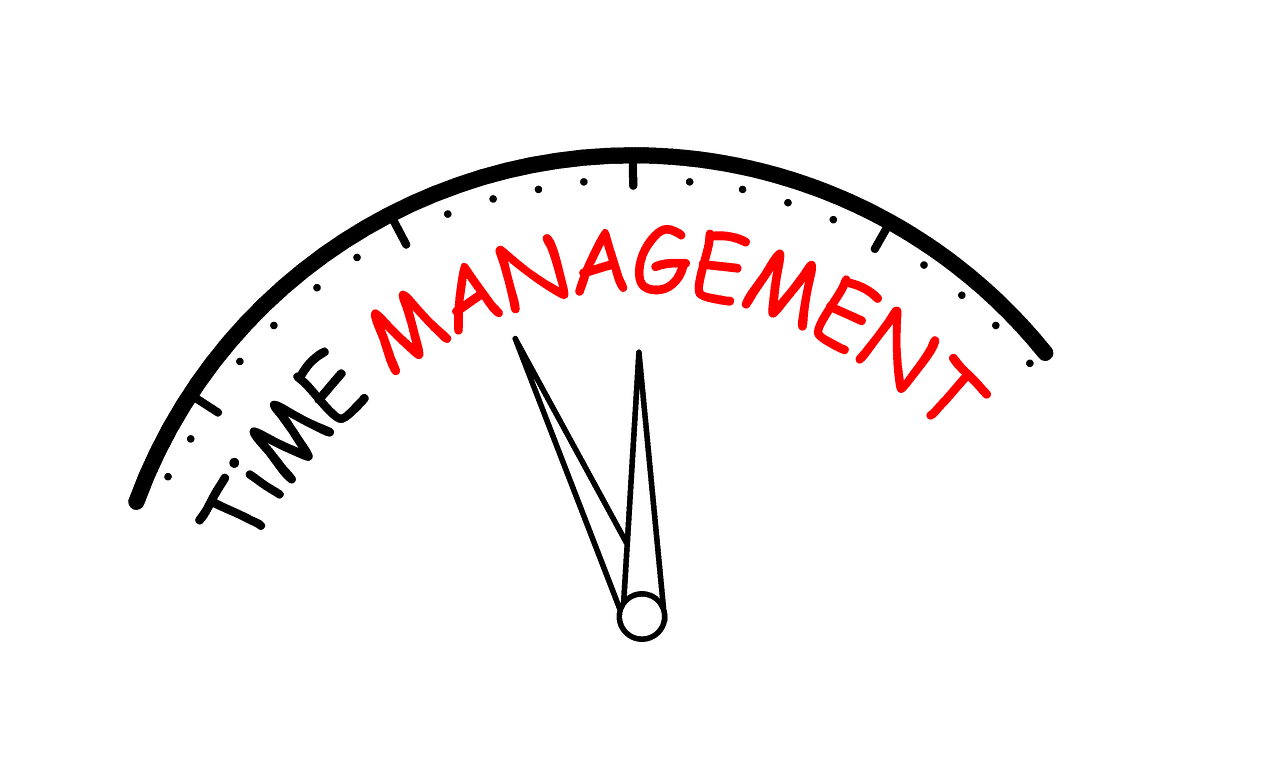New York event planners recognize that it’s important to collect and evaluate certain analytics for each event they plan. It’s how you gauge success in terms of attendance, engagement, and experiences. And some metrics are no-brainers to gather, like the number of registrations at a conference. But some points of data can be overlooked if you’re not prepared ahead of time. Today, we’ll share the most valuable points of data event planners should be collecting across all their events. So you, as a NY event production professional, can be ready to harness all the best analytics to improve and boost your event services.
1. Event Ticket Sales
When you’re planning New York conferences, trade shows, fundraisers, or corporate events that call for ticket sales, you’ll need to put a process in place to calculate those ticket sales. This data can provide you with a few key points, including revenue generated and attendance count expectations. And you can dive deeper to explore which ticket platforms and marketing methods result in more ticket sales, too, as well as tickets sold by ticket type.
2. Registrations and Check-Ins
Planning any event also means devising a process for tallying actual attendance. Whether it’s a corporate event registration table or digital check-ins through a mobile event app, always be gathering the data that tells you who’s all shown up to your New York event. You can also use this data to compare to ticket sales and other event metrics, as well.
3. Event App Downloads
Today’s event planners are relying heavily on digital engagement with potential guests before the event using event apps. These digital resources are game-changing since you can encourage your invite list to download and keep up to date with ongoing event announcements, news, and changes. Another key point of data to collect involves these event apps. And you’ll want to know how many people downloaded the app as well as the metrics of in-app engagements.
4. Repeat Attendance
Some of your NY events are annual or repeat affairs. Fundraising galas, corporate events, and industry conferences can all be routine engagements on your roster to plan. If you’re curating an ongoing event, you’ll want to collect data about those who attend, more specifically, those who are coming back each time. Knowing event guests keep coming back to these events signifies that they find value in these experiences. And similarly, recognizing how many first-time event guests there are will help you target them in a way that inspires them to become repeat guests.
5. Event Website Traffic
Make sure you have all the right tools and analytics in place to collect and manage event data related to your event website. From social event celebrations to massive industry conferences, having a dedicated website to the event (or landing page) can be pivotal to event success. But you won’t know how impactful your event website or landing page is unless you’re collecting data about page visits, interactions, time on page, etc.
6. Social Media Engagements
New York event planners are masters at building enthusiasm, excitement, and suspense leading up to a phenomenal event. And social media engagement plays a huge role in those pre-event marketing efforts. Be mindful that as you plan your events, you keep track of all the social media metrics that matter. These include engagements, likes, shares, mentions, check-ins, comments, and more.
- Active Community Members
- Messages Sent
- Social Media Polling
- Audience Reactions
7. Post-Event Surveys and Questionnaires
A more traditional method of gauging event success is the post-event survey. And they’re still valuable tools in your event data-collection efforts. Be thorough about crafting great questions, and be sure to send these questionnaires within a few days of the event’s end. You can use these surveys to also help you calculate your event’s Net Promoter Score. Other KPIs and survey data you should seek to gather, especially to calculate attendee engagement, includes:
- Speaker Engagement Metrics
- Live Polling Response Rates
- Accounts Influenced
- Audience Reactions
- Event Session Analytics
8. Event Costs and Budget Data
An event is even more successful if you’re able to generate revenue. So, as an event planner, always be calculating event services and event production expenses. Compare those to data from ticket sales, gross revenue totals, promo code revenue, and more. Earnings can also be measured in other ways, including:
- Sales Qualified Leads (SQLs)
- Pipeline Engagements
- Customer Acquisition (Cost Per Customer)
9. Sponsorship Metrics
After the event is over, you’ll want to connect with your event sponsors and share relevant information about the impact of their sponsorship. You’ll want to demonstrate brand visibility, brand engagement, and lead generation potential. You can also leverage surveys for your sponsors to gauge their sentiments on the overall success of the event and identify areas of improvement. When you collect and share great analytics, you can build a community of future event sponsors, as well.
10. Exhibitor ROI
If your event features a trade show floor of exhibitor booths, you’ll have another roster of data to collect. Know how many exhibitors you have, how many stayed for the duration, and what kind of engagements they enjoyed. And much like you’d follow up with a sponsor after the event, be diligent about following up with your exhibitors for their feedback. Be prepared to share attendee data with them and brand exposure metrics so they’ll be eager to sign up again as an exhibitor for your next event.
Methods and Tools for Collecting Event Data
There are several tools, methods, and resources available to help you collect and manage all the relevant event analytics you need. Explore some of these options and build an arsenal of metrics-gathering assets so you can always be informed about every aspect of your New York event’s success.
- Surveys, Forms, and Questionnaires
- Live Polls
- Event Guest, Sponsor, and Exhibitor Interviews
- Team Observation During the Event
- Online Marketing Analysis (i.e., Google Analytics)
- Social Media Monitoring Tools
As a New York event planner, much of your business model and event strategies are rooted in creativity. But you can also find incredible value in the hard data from each event. Make sure you’re collecting all of these points of event data and have a clear understanding of what each engagement did well and what needs improvement.
And to really improve your event planning game, make sure you get in the room this October with thousands of top event professionals and business leaders at The Event Planner Expo 2023! Tickets are available now, and you don’t want to miss this three-day conference!








